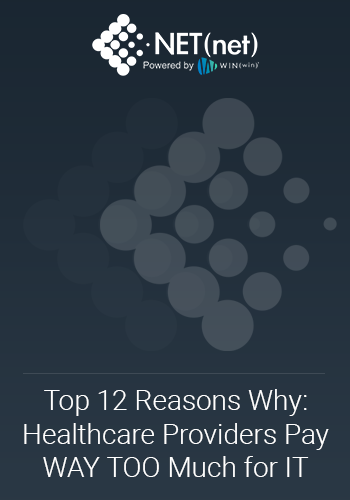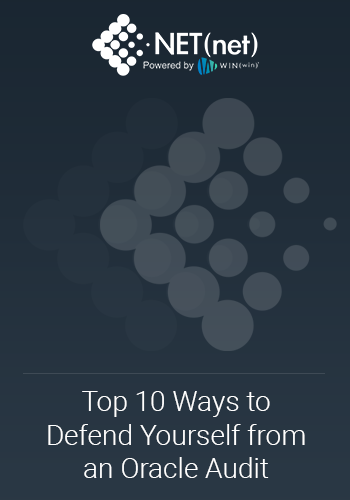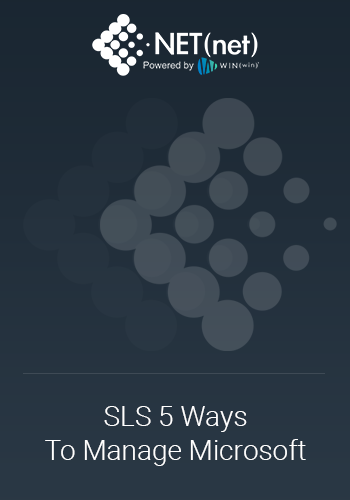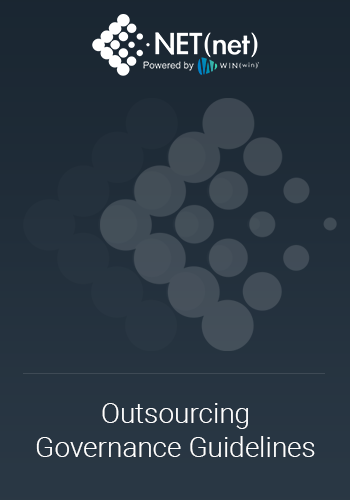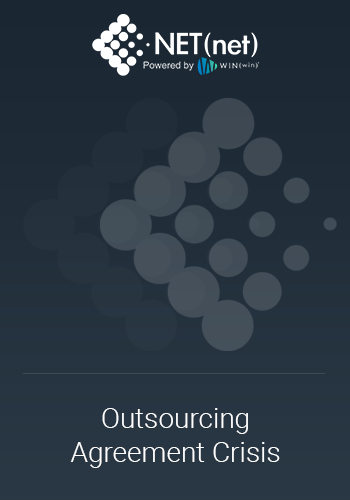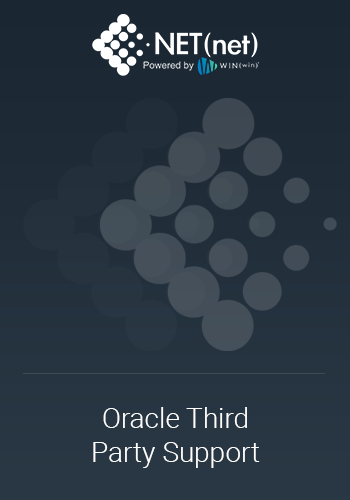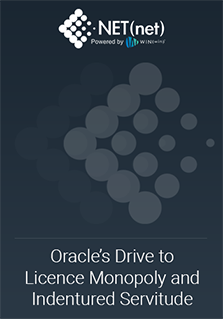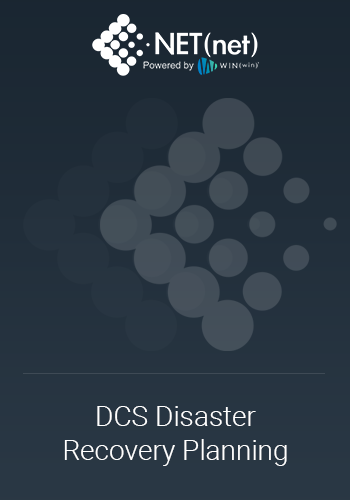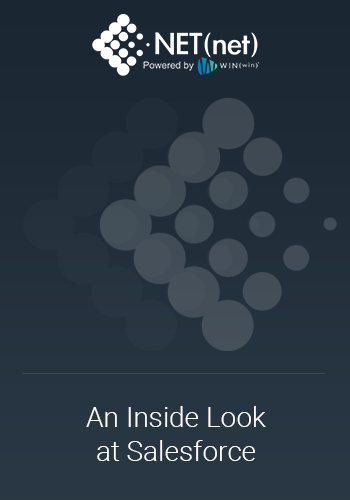A significant change to Oracle's Java licensing policy was announced January 23rd 2023. The Java licensing changes are clearly designed to increase revenue for the company rather than provide for a greater or enhanced product. While most well-run businesses seek to increase revenue, with Oracle we must view with a critical eye however, as these types of initiatives typically don’t do much for the customer in the way of added value. In addition to the revenue bump these changes will impact for Oracle, they are clearly also designed to eliminate competition (also not in the customer’s favor). It is important to note that these changes do not ...
Read More
This is part two of an ongoing series we call Debunking Microsoft where we address the ongoing disinformation, half-truths, and mysticism surrounding its own products as it relates to Customer licensing, usage, contracts, terms, pricing, and much more. In part one, we addressed what we frequently hear from clients which is that Microsoft has told them around using their own licenses in a cloud other than their own. Words to the effect of... “You can’t use your existing Microsoft licenses on non-Microsoft clouds such as Amazon or Google.” In part two, we deep dive into the licensing and product use terms that many Microsoft customers get ...
Read More
Preface Thank you for joining us for this 3-part series on Cloud Costs, where we explore the Top 5 Price Shock Phenomenon’s of Cloud costs, resulting in part from the Top 5 Workloads that are NOT Well Suited for the Cloud, and largely resulting in the Top 5 Reasons Why Clients Are Repatriating previously migrated Workloads from cloud deployments back on-premises: Part 1 (Feb 15): Top 5 Price Shock Phenomenon’s of Cloud Costs Part 2 (Mar 15): Top 5 Workloads that are NOT Well Suited for the Cloud Part 3 (Apr 15): Top 5 Reasons Why Clients Are Repatriating Workloads (This One) Part 3: Top 5 Reasons Why Clients Are Repatriating Workloads In ...
Read More
Preface: Thank you for joining us for this 10-part series to discuss the Top 10 Ways You can Save on your Mainframe Costs in 2023. Nearly all Clients are Clamoring for Savings in 2023. This is largely due to (a) rising input costs, (b) softening business forecasts, and (c) continued economic headwinds. This has caused many clients to re-evaluate spending plans and implement new cost-cutting targets. IT is the Number One Cost Savings Category of the Modern IT is typically the highest indirect spend area for modern enterprises and is also the cost category with the highest potential yield (we average about 33% savings on addressable IT spend). ...
Read More
Oracle's financials have generally been strong in recent years with their aggressive cloud push, reporting steady growth in revenues and earnings. However, Oracle faces increasing competition from other cloud providers, particularly in the areas of IaaS and PaaS. Additionally, Oracle has been shifting its focus towards cloud-based services and away from its traditional software licensing business, which could impact its financial performance in the long-term. Read our series related to this starting with The Top 5 Price Shock Phenomena of Cloud Costs. In the very short term however, they have missed earnings targets and indicated on their ...
Read More
Preface Thank you for joining us for Part 2 of this 3-Part series on Cloud Costs. Please reference the following 3 blogs to get the complete 2023 Cloud Cost Series: Part 1: Feb 15: Top 5 Price Shock Phenomena of Cloud Part 2: Mar 15: Top 5 Workloads that are NOT Well Suited for the Cloud Part 3: Apr 15: Top 5 Reasons Why Clients Are Repatriating Workloads Part 2: Top 5 Workloads NOT Well Suited for The Cloud Introduction Since the mid-2000s, clients have been migrating workloads to the cloud with increasing frequency, but recently, we have seen clients start to repatriate previously migrated workloads back on-premises, due in no small part ...
Read More
This is part 1 of an ongoing series we call ‘Debunking Microsoft’ where we address the ongoing disinformation, half-truths, and mysticism surrounding its own products as it relates to Customer licensing, usage, contracts, terms, pricing, and much more. In part one, we address what we frequently hear from clients; that Microsoft has told them regarding usage of their own licenses in a cloud other than Microsoft's.....words to the effect of “You can’t use your existing Microsoft licenses on non-Microsoft clouds such as Amazon or Google.” Well, that’s not true and Microsoft knows it. This is just one case of Microsoft’s constant and consistent ...
Read More
Preface: Thank you for joining us for this 10-part series to discuss the Top 10 Ways You can Save on your Mainframe Costs in 2023. In case you missed our first of the series, Bonus Article - #0 of 10 - click here to read that as well. Nearly all Clients are Clamoring for Savings in 2023. This is largely due to (a) rising input costs, (b) softening business forecasts, and (c) continued economic headwinds. This has caused many clients to re-evaluate spending plans and implement new cost-cutting targets. IT is the Number One Cost Savings Category of the Modern Enterprise. IT is typically the highest indirect spend area for modern enterprises ...
Read More
This will be a tough year for many in the IT industry as companies are challenged on many fronts. However, for those with the fortitude and the right partners - it can also be a transformational year for forward thinking strategic companies. Our Top 3 Market Messages for 2023: 1. Clients are Clamoring for Savings in 2023. What we know - this has largely been brought on by several factors. First, since 2020, with few exceptions, clients have largely been suffering from... rising input costs, and softening business forecasts and the economic outlook for 2023 is dire at worst, and gloomy at best. This is causing many clients to re-evaluate ...
Read More
Thank you for joining us for this 3-part series on 2023 Cloud Costs, where we explore the Top 5 Price Shock Phenomenons of Cloud Costs, resulting in part from the Top 5 Workloads that are NOT Well Suited for the Cloud, and largely emanating from the Top 5 Reasons Why Clients Are Repatriating Cloud Workloads back to on-premises: Part 1: Top 5 Price Shock Phenomena of Cloud Costs Part 2: Top 5 Workloads that are NOT Well Suited for the Cloud Part 3: Top 5 Reasons Why Clients Are Repatriating Workloads Introduction In today’s installment, we’ll discuss the Top 5 Price Shock Phenomena of Cloud Costs. Price Shock is a phenomenon that occurs when ...
Read More

